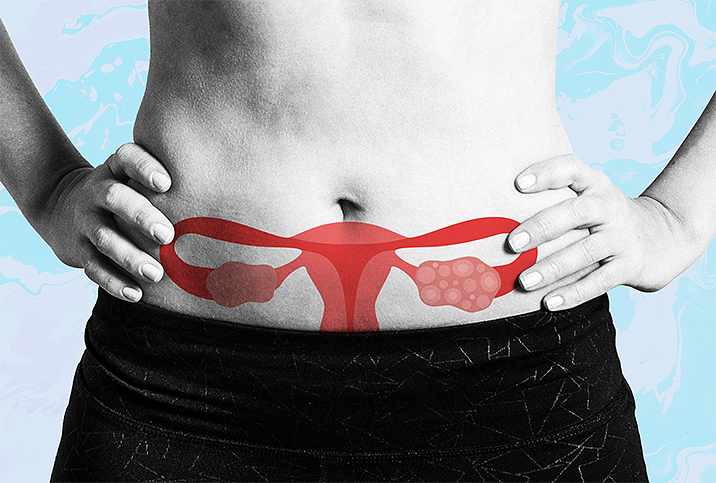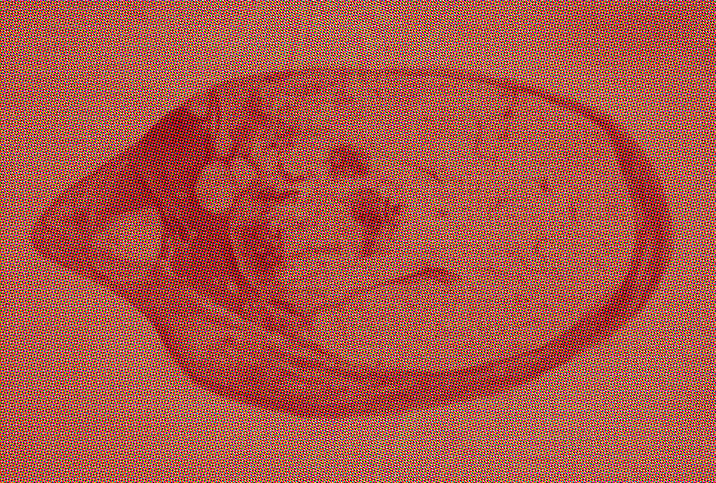Marsai Martin Says a Large Ovarian Cyst Caused Her 'Constant Pain'

Four years ago, Marsai Martin, an actor best known for her role in the TV series "Black-ish," began experiencing persistent pain in her pelvic region. In December 2022, the 18-year-old had the source of the pain—a large ovarian cyst—surgically removed.
She shared the experience with her fans in an Instagram story on Dec. 10.
"If you missed my live, long story short, I had surgery for my large ovarian cyst that gave me constant pain for 4+ years," Martin wrote alongside a black-and-white video of her in a hospital bed. "I really don't remember any of this sh*t because of the anesthesia, lol. But I will say that I am very grateful to have family and educators by my side in support of this process."
Martin said she hoped that by telling her story, she could help women facing similar health struggles.
"The only reason I am sharing this is so I can hopefully spread awareness and share my experience to the young women out there that may be going through the same thing or have difficult menstrual cycles," the post read.
Addressing her fans directly, she said: "You are never alone. Listen to your body. It always shows you signs. Health is wealth."
What to know about ovarian cysts
Ovarian cysts are fluid-filled sacs that form on the ovaries, typically during ovulation. Most ovarian cysts are harmless, according to Kecia Gaither, M.D., a board-certified OB-GYN and director of perinatal services/maternal-fetal medicine at NYC Health + Hospitals/Lincoln in the Bronx in New York City.
It's only when cysts become enlarged, twisted or ruptured that they become problematic, Gaither said. In these situations, you might experience pelvic pain, as Martin did, in addition to symptoms such as nausea and vomiting, pressure or abdominal fullness, or pain with intercourse.
When to seek treatment
According to Gaither, most ovarian cysts require no treatment. In most cases, an ovarian cyst disappears on its own within a few months. When a cyst is found—typically through a pelvic exam or ultrasound—in most cases, doctors give it time to clear up before taking action.
A cyst may require treatment if it does not resolve after several menstrual cycles, appears enlarged or unusual, causes pain or may be potentially cancerous.
"Treatment options include oral contraceptives, which can decrease the incidence of development of new cysts," Gaither said.
If there are signs of torsion, rupture or bleeding, surgery may be required, she said. If surgery is in order, most often a laparotomy or laparoscopy is used to try to remove the cyst while leaving the ovary intact.
Martin said it best: "Listen to your body. It always shows you signs." If you are experiencing pelvic pain, bloating or discomfort that interferes with your daily activities, talk to your doctor.


















